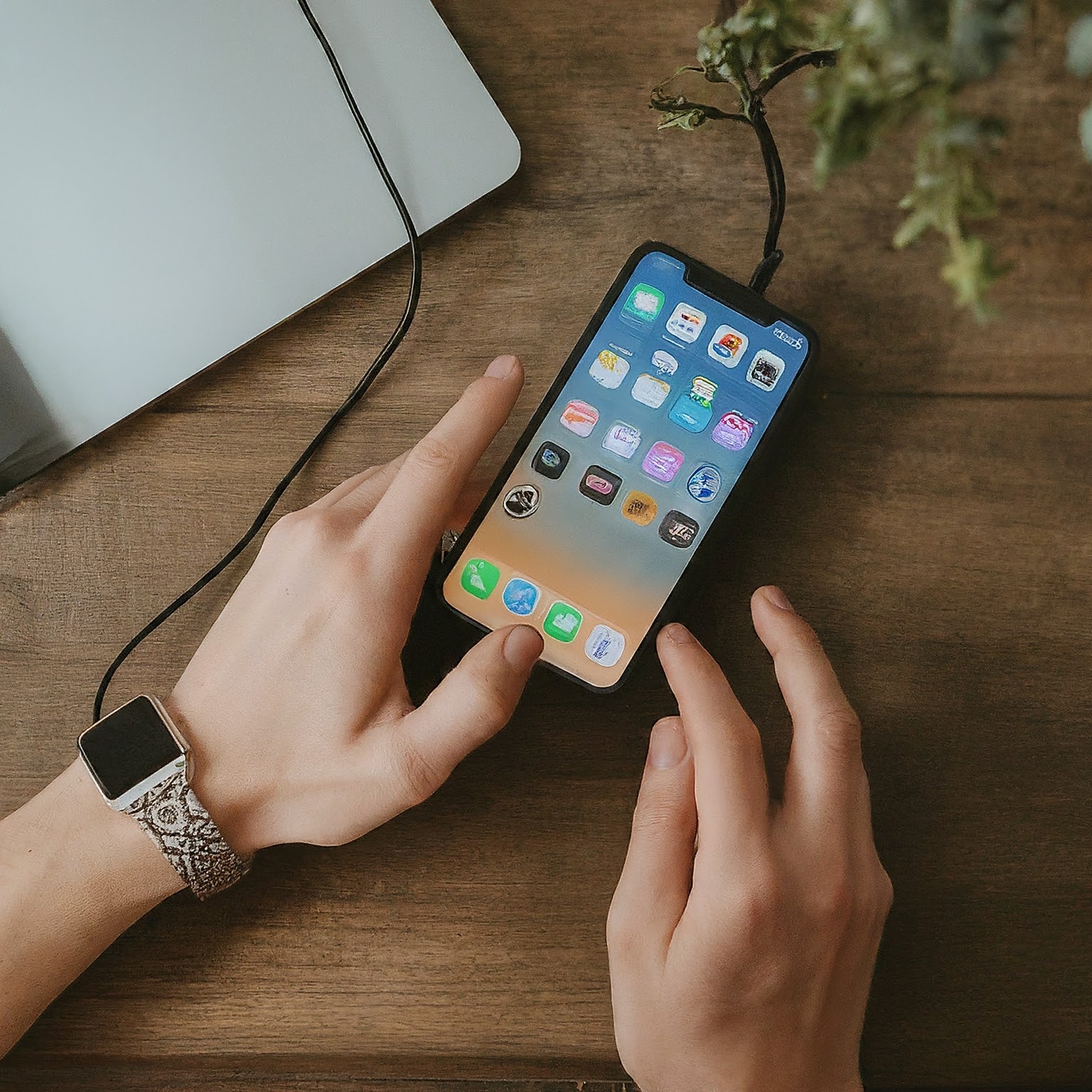How to Back Up Your iPhone: A Comprehensive Guide

Backing up your iPhone is crucial to protect your data and ensure you can restore it in case of loss, damage, or theft. There are several methods to back up your iPhone, each with its own advantages and considerations. Let's explore the most common options:
iCloud Backup
What is it? iCloud Backup automatically stores your iPhone data, including photos, videos, contacts, messages, settings, and app data, in Apple's cloud storage.
How to set it up:
Go to Settings > [Your Name] > iCloud > iCloud Backup.
Turn on iCloud Backup.
Connect your iPhone to Wi-Fi and ensure it's plugged in.
Tap Back Up Now to initiate an immediate backup.
Advantages:
Simple and convenient.
Automatically backs up your data when your iPhone is connected to Wi-Fi and plugged in.
Allows you to restore your iPhone to a previous state from iCloud.
Disadvantages:
Requires an iCloud subscription for more than 5 GB of storage.
Can be slow, especially for large backups.
May not be ideal for those who prefer to have a physical backup.
iTunes Backup
What is it? iTunes Backup creates a local backup of your iPhone data on your computer.
How to set it up:
Connect your iPhone to your computer using a USB cable.
Open iTunes and select your iPhone.
Click the Summary tab.
Under Backups, select "This computer."
Click Back Up Now.
Advantages:
Provides a physical backup of your data on your computer.
Can be faster than iCloud Backup for large backups.
Allows you to restore your iPhone to a previous state from iTunes.
Disadvantages:
Requires a computer with iTunes installed.
Can be less convenient than iCloud Backup.
Manual Backup
What is it? Manual backup involves manually copying specific data from your iPhone to your computer or another storage device.
How to do it:
Connect your iPhone to your computer using a USB cable.
Open iTunes and select your iPhone.
Navigate to the Files tab.
Select the app you want to back up and click Export.
Choose a location on your computer to save the data.
Advantages:
Provides granular control over which data to back up.
Can be useful for backing up specific files or apps.
Disadvantages:
Time-consuming and requires more technical knowledge.
May not capture all of your iPhone data.
Additional Tips
Regular backups: Back up your iPhone regularly to ensure your data is protected.
Encrypted backups: Enable encryption for your iCloud or iTunes backups to protect your data from unauthorized access.
Off-site storage: Consider storing a copy of your backup off-site, such as on an external hard drive or cloud storage service, to protect against local disasters.
Check backup status: Regularly check the status of your backups to ensure they are completing successfully. By following these guidelines and choosing the backup method that best suits your needs, you can effectively protect your iPhone data and peace of mind.







